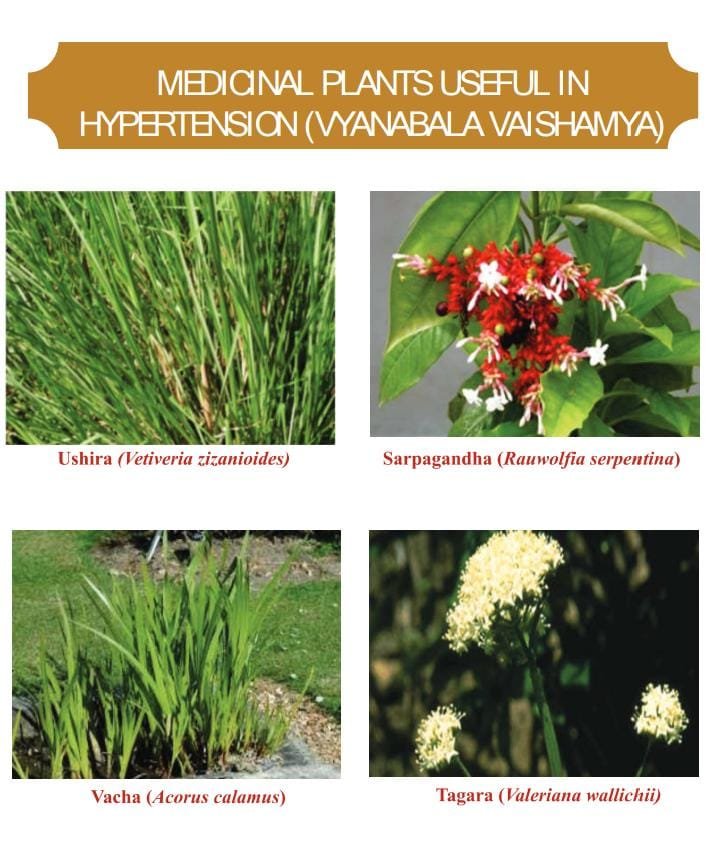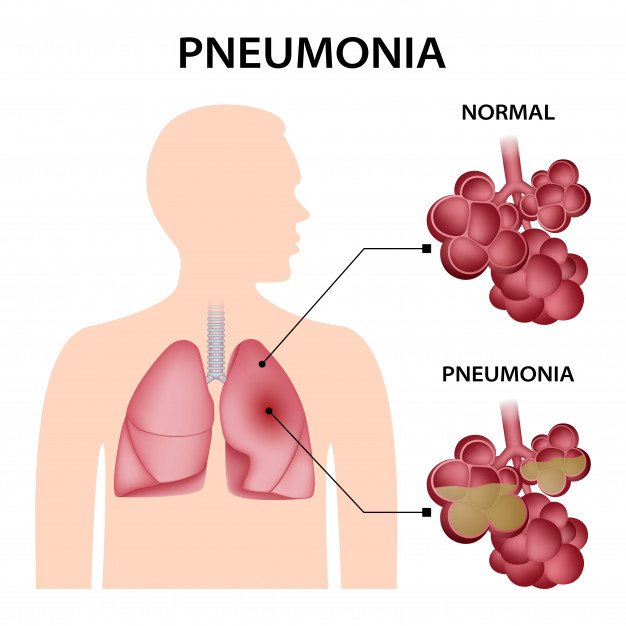
Understanding High Blood Pressure and Its Ayurvedic Perspective
High blood pressure, medically termed hypertension, is a condition characterized by elevated pressure in the arteries. Hypertension is typically defined by consistent blood pressure readings of 130/80 mmHg or higher, which indicates an increased risk of heart disease and stroke. Elevated blood pressure is often categorized into different stages, guiding the approach toward treatment and lifestyle modifications.
From an Ayurvedic perspective, hypertension is understood through the lens of the three Doshas: Vata, Pitta, and Kapha. These energies are believed to govern various bodily functions, and an imbalance among them can lead to health issues, including high blood pressure. The Ayurvedic concept of Srotas, which refers to the body’s channels for transporting nutrients and removing waste, plays a crucial role in cardiovascular health. When these channels become obstructed or aggravated due to imbalances in the Doshas, blood pressure can rise, leading to hypertension. Ayurvedic practitioners often focus on restoring balance within the Doshas and ensuring the unobstructed flow through the Srotas to manage high blood pressure effectively.
Several risk factors are associated with hypertension, including poor diet, lack of physical activity, obesity, excessive alcohol consumption, and stress.

Ayurvedic Home Remedies for Managing Hypertension
Beat Hypertension Like a Boss: Tasty Tricks for a Happy Heart!
Say goodbye to boring blood pressure tips—here’s how to keep your BP in check while treating your taste buds like royalty.
- Mango Magic Potion
Step into the world of kings and queens with this royal elixir:
Chug a cup of mango juice.
Wait an hour (patience, my friend).
Follow it up with ½ cup warm milk, a pinch of cardamom & nutmeg, and 1 teaspoon of ghee (unless cholesterol is playing the villain—then ditch the ghee).
Result: Your heart will sing, and your BP will chill.
- Tropical Thunder Mix
When life gives you oranges, mix them with coconut water!
2 parts orange juice + 1 part fresh coconut water = A BP-friendly, electrolyte-packed mocktail that’s way cooler than soda.
Sip ½ to 1 cup 2-3 times a day and feel your blood pressure dance with joy.
- Peachy Keen Elixir
Want BP control and a spa-like refreshment? Try this peachy potion!
Mix 1 tsp coriander and a pinch of cardamom into fresh peach juice (NO canned imposters, please).
Drink 2-3 times a day and feel as calm as a monk meditating on a mountain.
- Watermelon Wonder
Watermelon is already juicy goodness, but let’s turn it into a BP superhero:
Sprinkle on a pinch of cardamom & coriander.
Munch away and enjoy its mild diuretic powers (a fancy way of saying it’ll help flush out excess salt and lower BP).
- Cool as a Cucumber Raita
Feeling hot-headed? Cool it down with cucumber raita—your BP will thank you.
Yogurt + cucumber + spices = a delicious, creamy, cooling sidekick to your meals.
Bonus: It’s a natural diuretic (bye-bye, excess fluids!).
- Mung Dal Power Soup
Lentils but make it superhero-level:
Mung dal + cilantro + cumin + a pinch of turmeric = a simple yet magical soup for heart health.
Your BP will stay in line while your taste buds party.
- Honey-Vinegar Wake-Up Call
Start your day with this sweet-and-sour sunrise shot:
Mix 1 tsp honey + 5-10 drops of apple cider vinegar into a cup of warm water.
Drink first thing in the morning—it keeps cholesterol in check, relaxes blood vessels, and helps BP behave.
Now, go forth and conquer hypertension—one delicious sip at a time!
Herbs for High Blood Pressure
Ayurveda suggests the following mixture of herbs for hypertension:
punarnava 1 part
passionflower 1 part
hawthorn berry 2 parts
Steep ½ teaspoon of this mixture in a cup of hot water for 5 to 10 minutes, and drink the tea after lunch and dinner.
Another formula of Ayurvedic herbs is also effective for regulating blood pressure:
jatamamsi 2 parts
musta 2 parts
tagar 1 part
Use as above: ½ teaspoon steeped in a cup of hot water for 5 to 10 minutes
as a tea, after lunch and dinner.
Lifestyle Changes and Practices for Hypertension Prevention
Pranayama, the practice of controlled breathing, is another crucial element in reducing high blood pressure. Techniques such as Anulom Vilom (alternate nostril breathing) focus on calming the nervous system, thereby reducing stress and preventing spikes in blood pressure. Practicing pranayama for just a few minutes daily can lead to substantial improvements in relaxation and heart health.
Meditation serves as a powerful tool to foster mindfulness and emotional balance. Engaging in daily meditation allows individuals to manage anxiety and stress which could lead to elevated blood pressure. Meditation techniques such as mindfulness-based stress reduction can help create a peaceful mentally stable environment conducive to better health.
Additionally, adhering to a daily routine, known in Ayurveda as Dinacharya, plays a pivotal role in maintaining balance. This routine may include waking up early, regular meal times, and structured sleep patterns, which can regulate bodily functions and lower hypertension risk. Sleep quality is vital; poor sleep hygiene can aggravate conditions like hypertension. Therefore, improving sleep habits, along with maintaining regular physical activity is paramount for hypertension management.
In essence, integrating these practices into daily life not only promotes lower blood pressure but also enhances overall well-being. By focusing on achievable changes like yoga, pranayama, and a structured daily routine, individuals can take proactive steps toward managing hypertension effectively.
Deep Relaxation to Help High Blood Pressure
Tension and stress increase high blood pressure. A wonderful and effective way
to relax the yogic rest pose, savasana.
Lie quietly, pat your back with arms by your sides. Observe the flow of your
breath. You will notice that after exhalation there is a brief, natural stop, and
another natural pause after inhalation and before the next exhalation. At that stop,
stay naturally quiet for just a few seconds. This practice will bring you deep
relaxation, a natural antidote for hypertension. Remain in savasana practicing this
quiet breathing for 10 to 15 minutes.
Important Note
Although everything shared here is effective and ancient remedies, before doing anything vigorously, consult an Ayurvedic physician if you see any different types of changes in your body.




Pingback: The Power of Vibhitaki (Terminalia Bellirica): An Ayurvedic Treasure for Health and Wellness